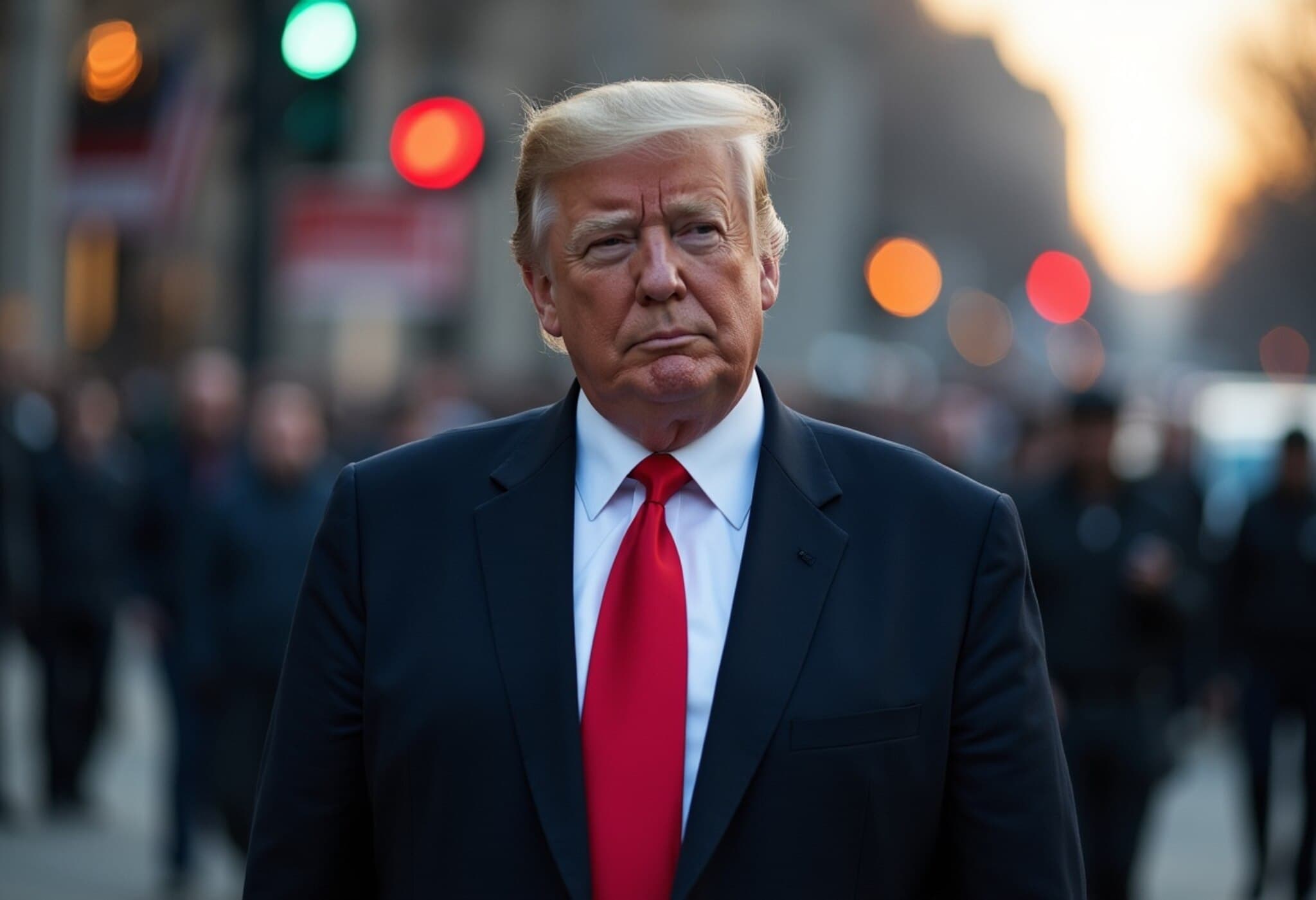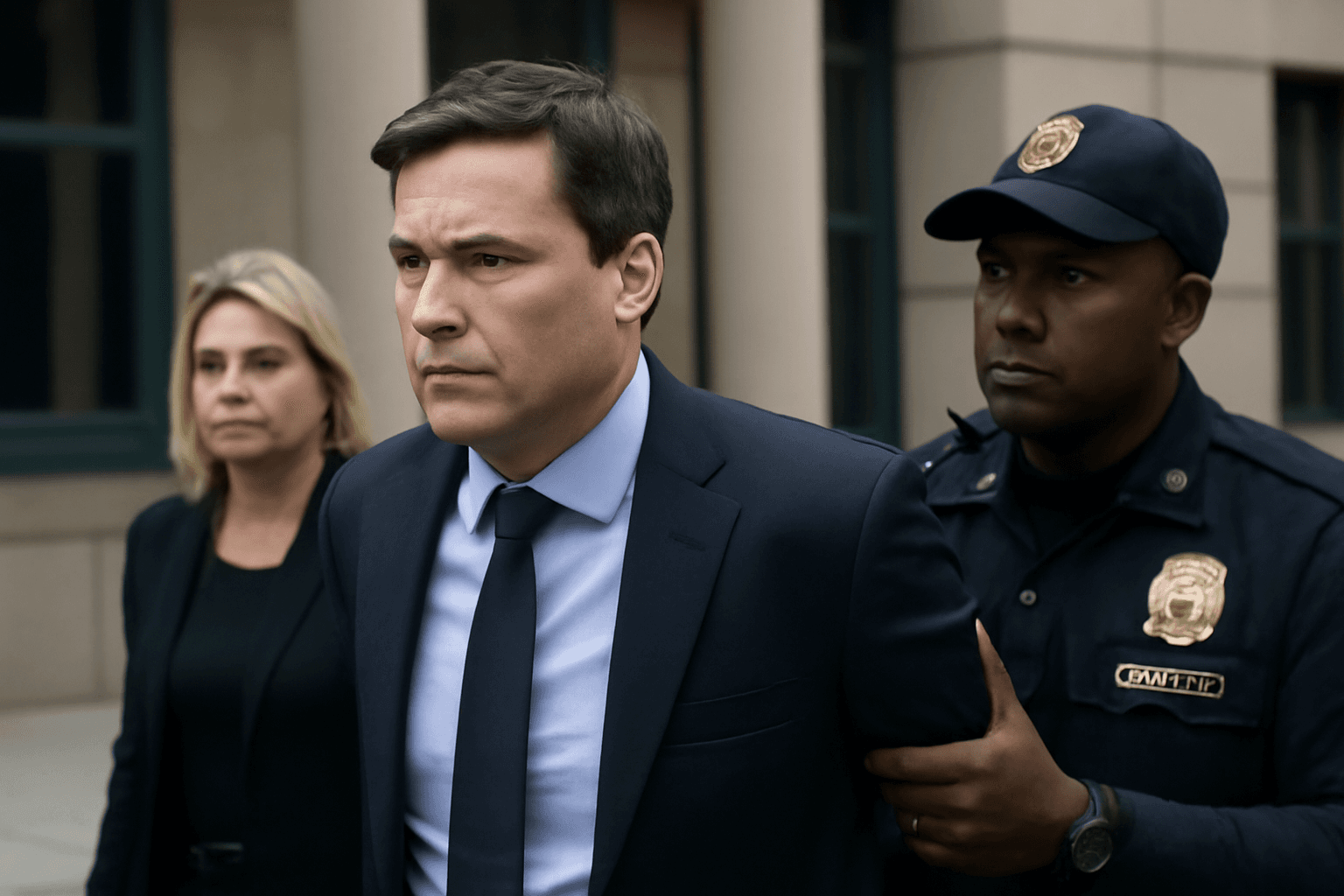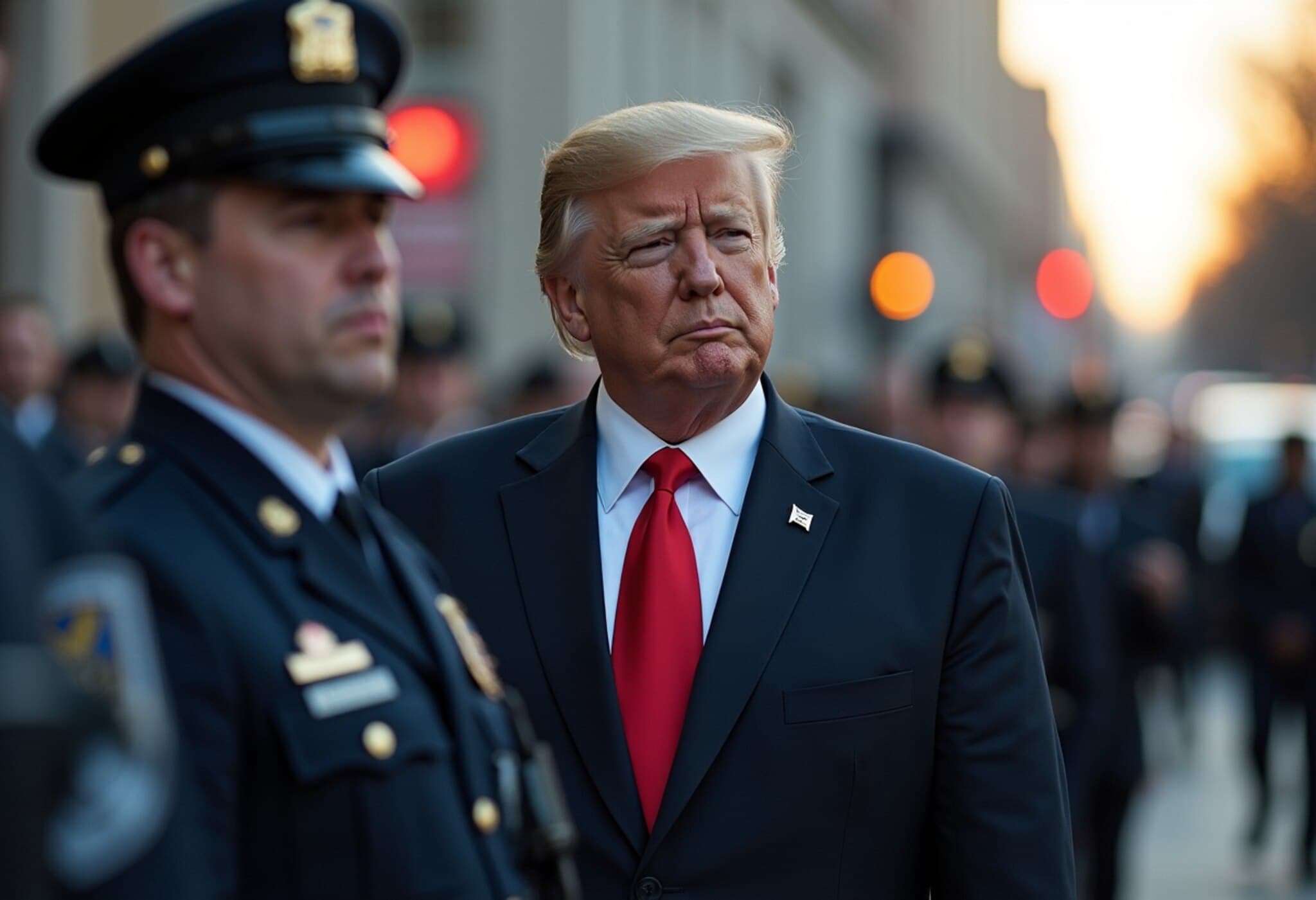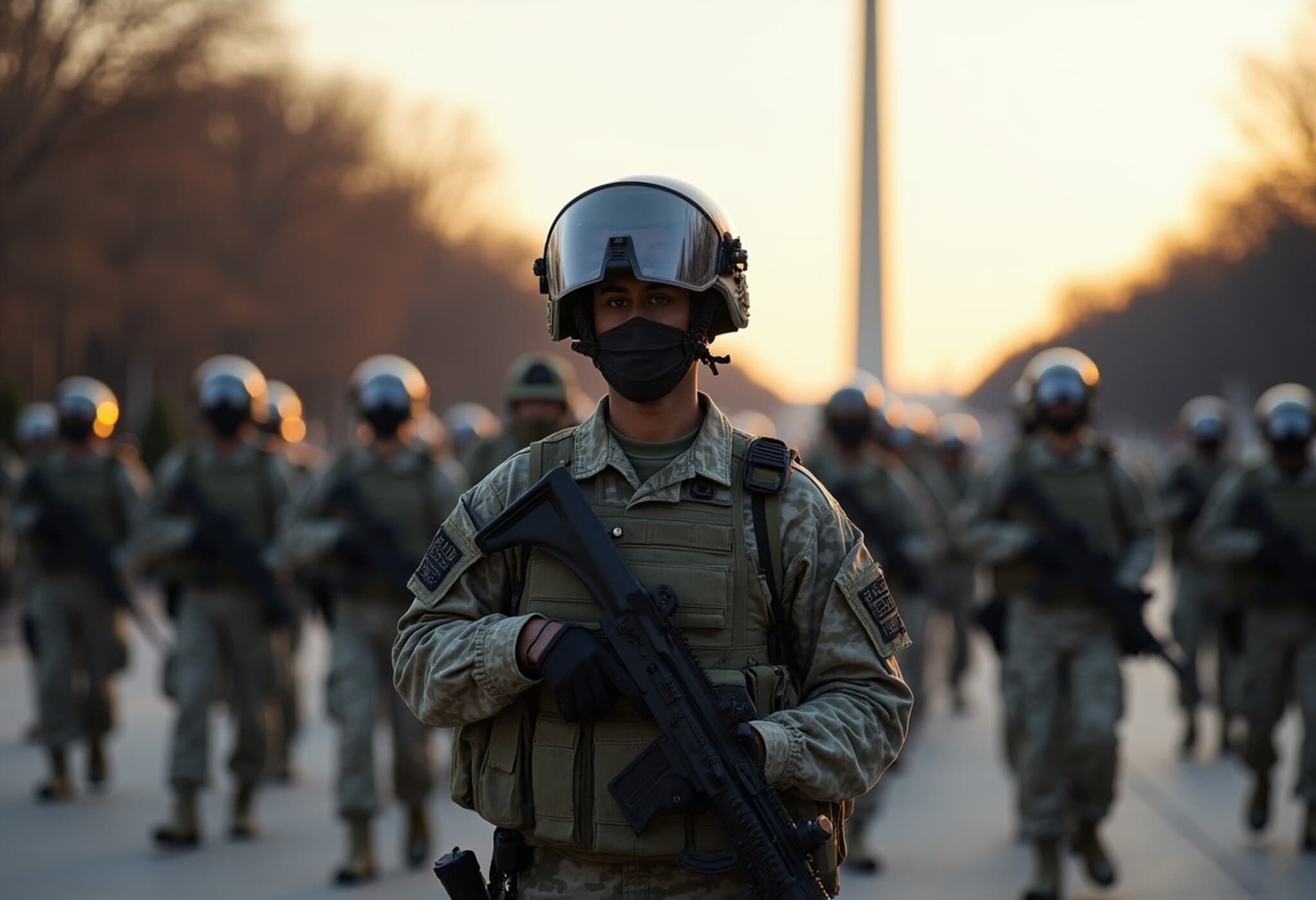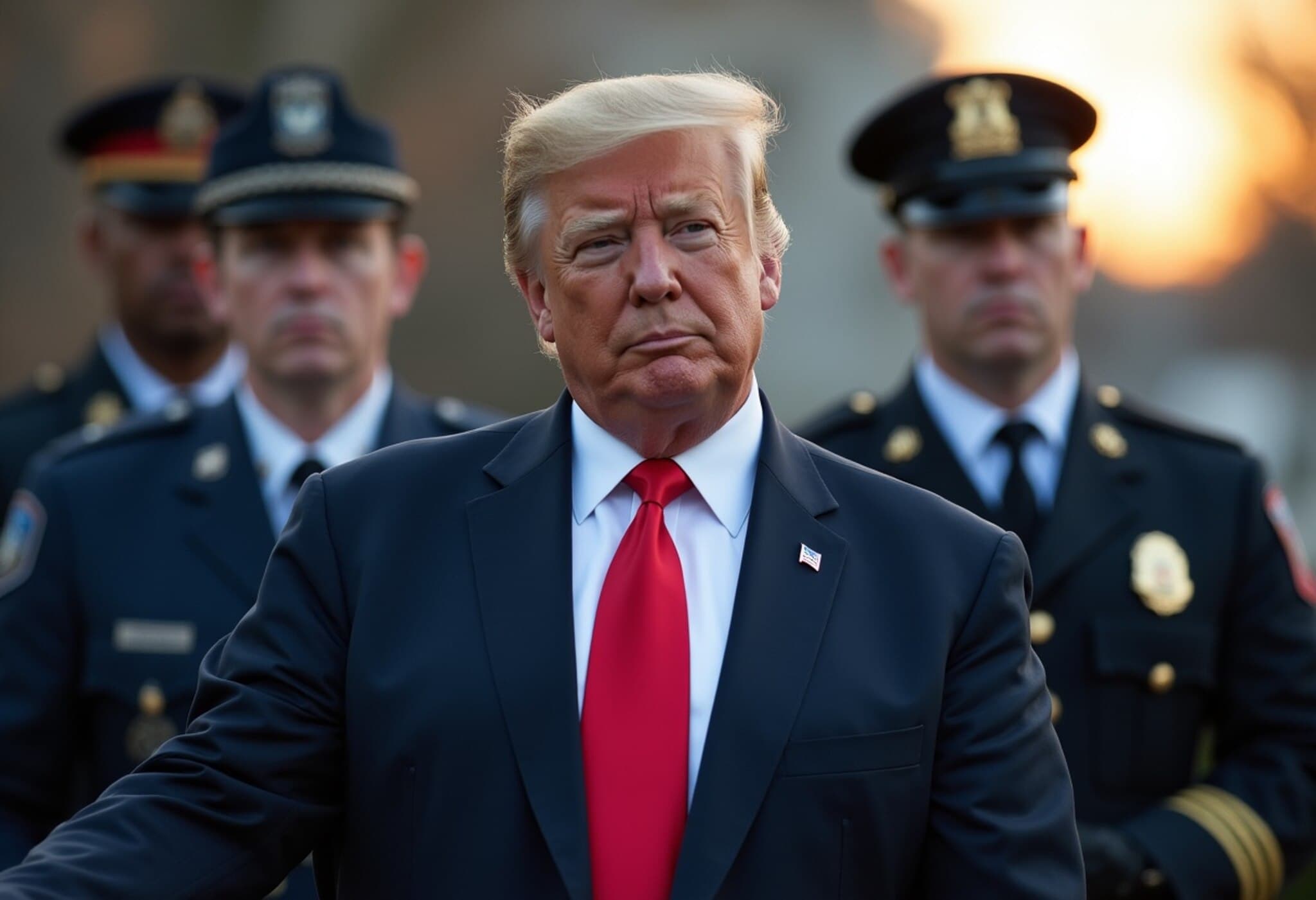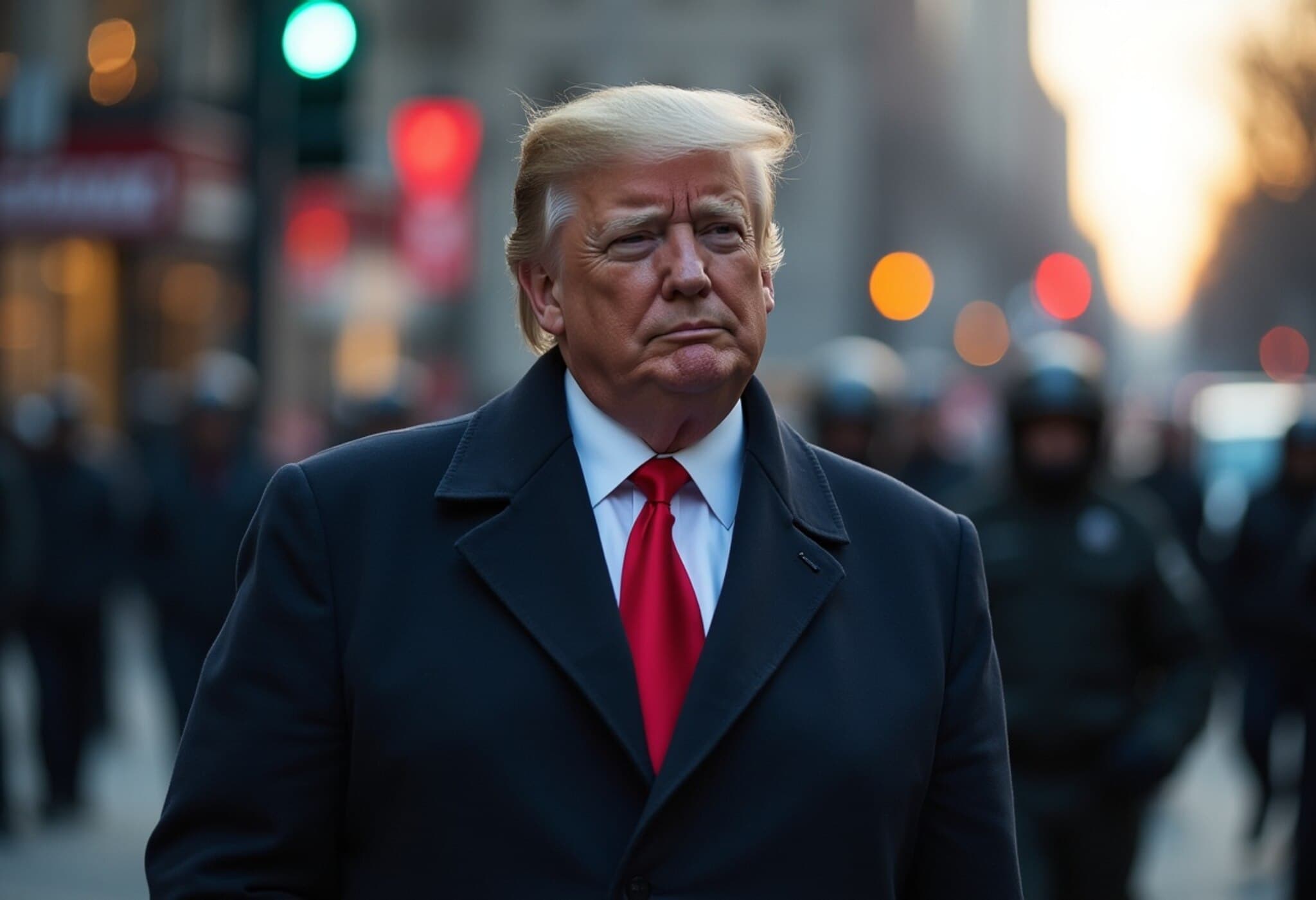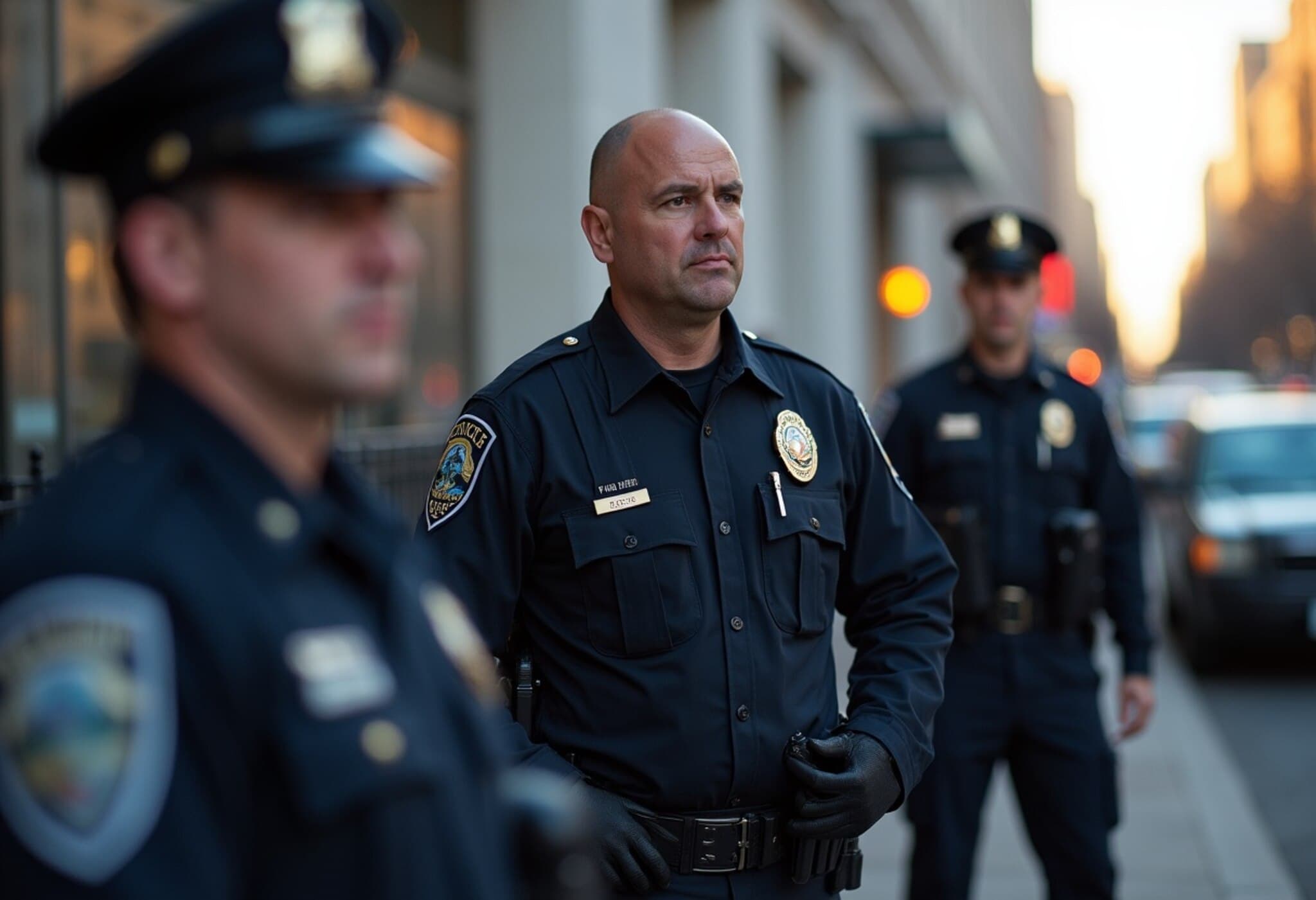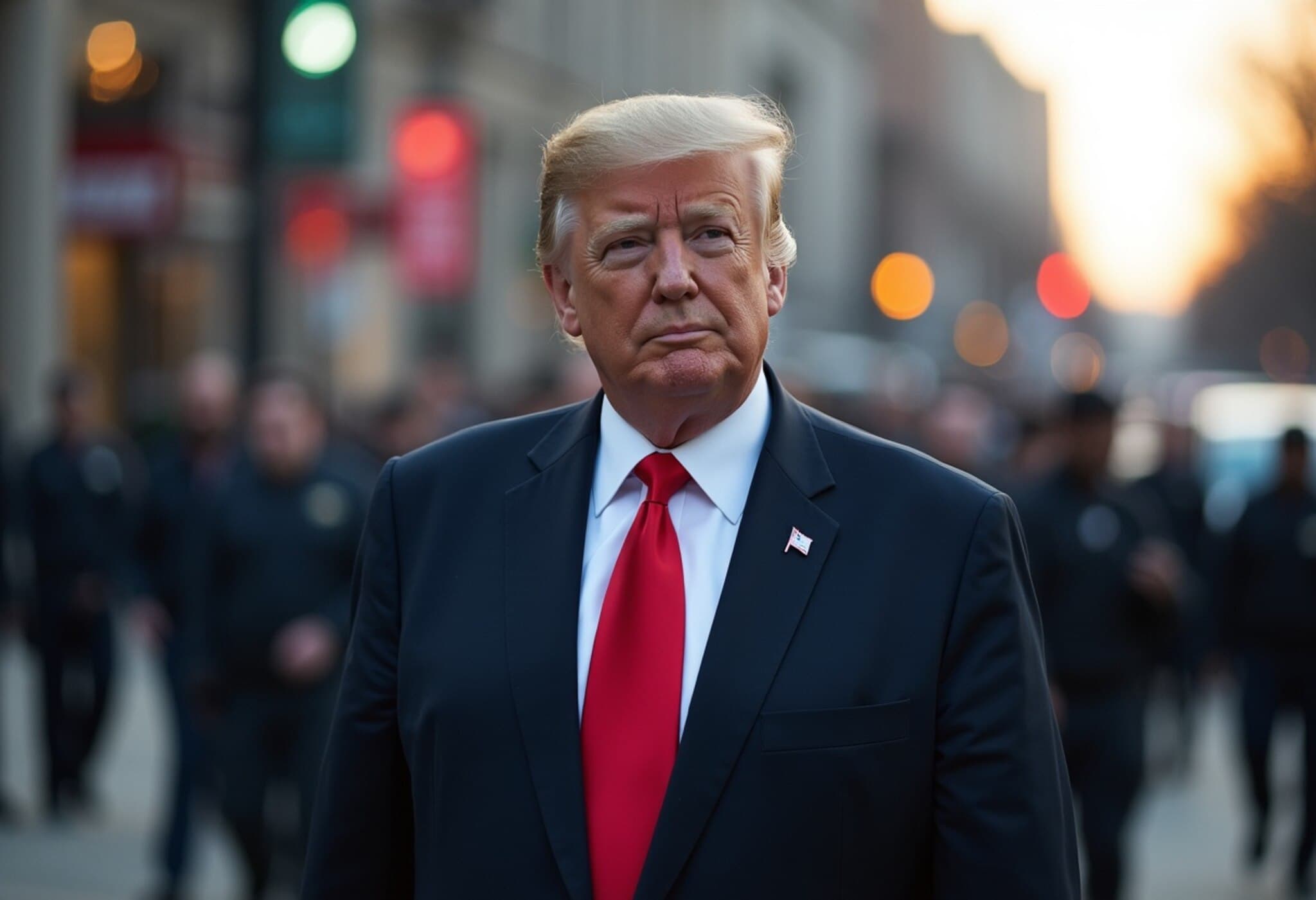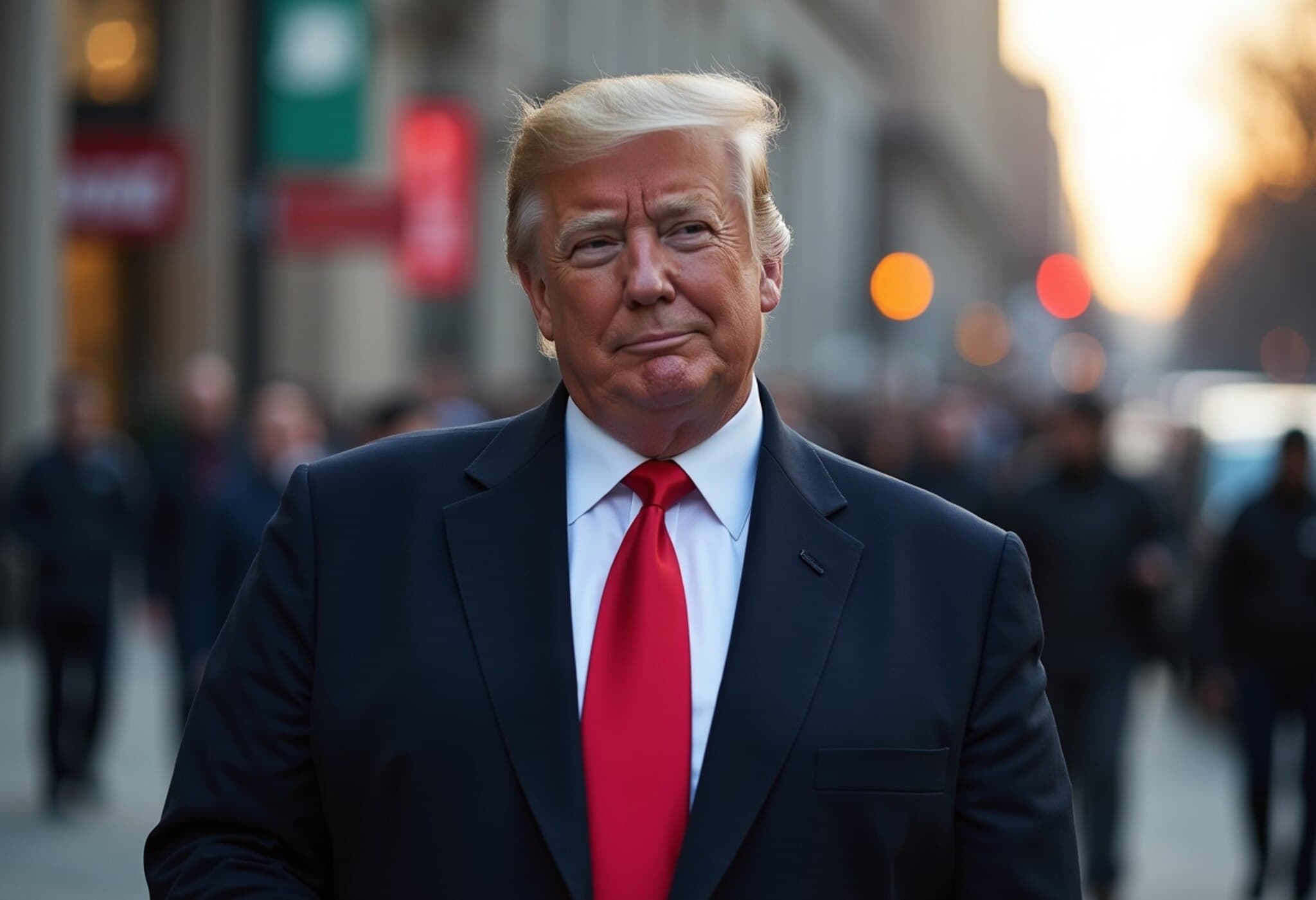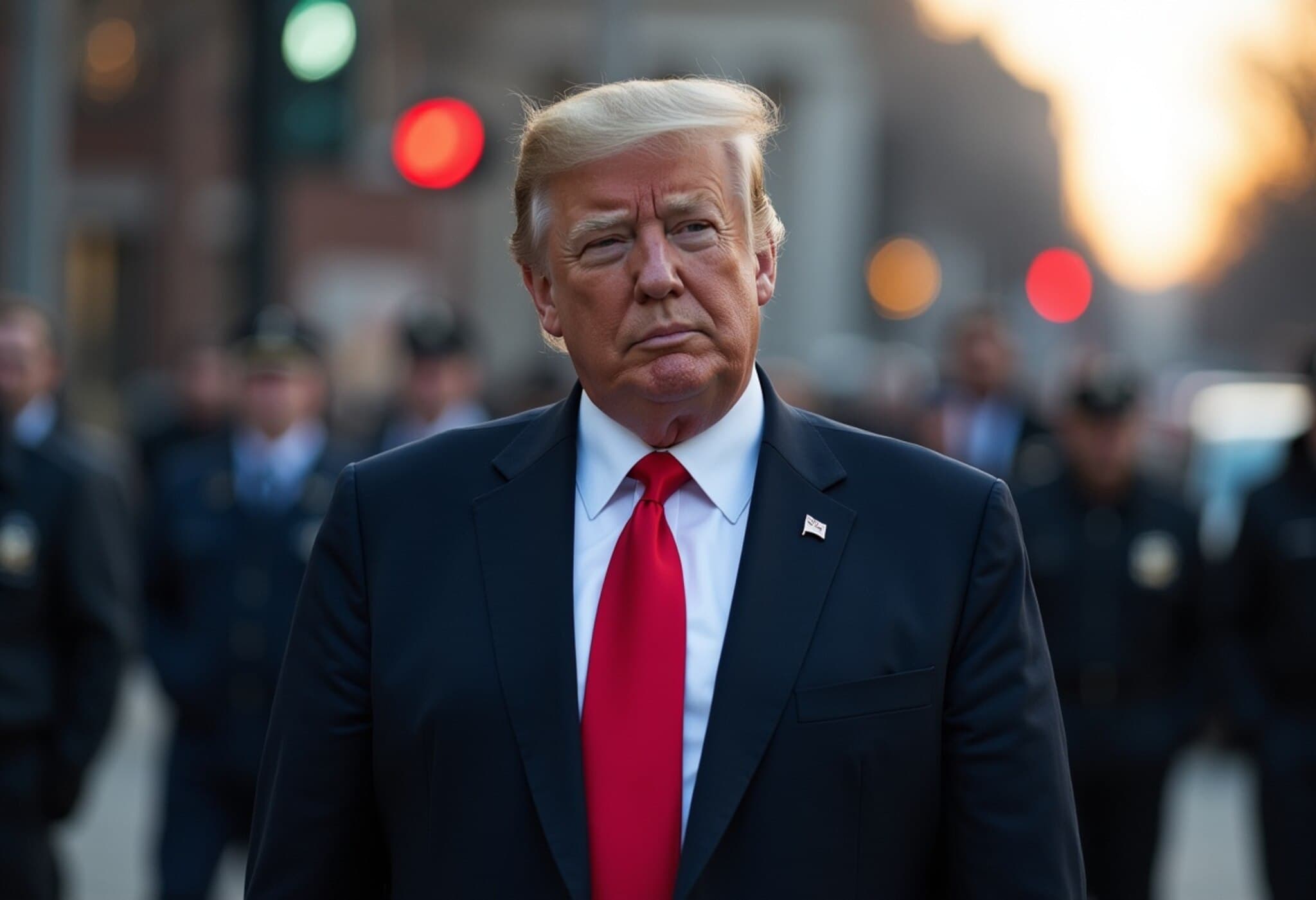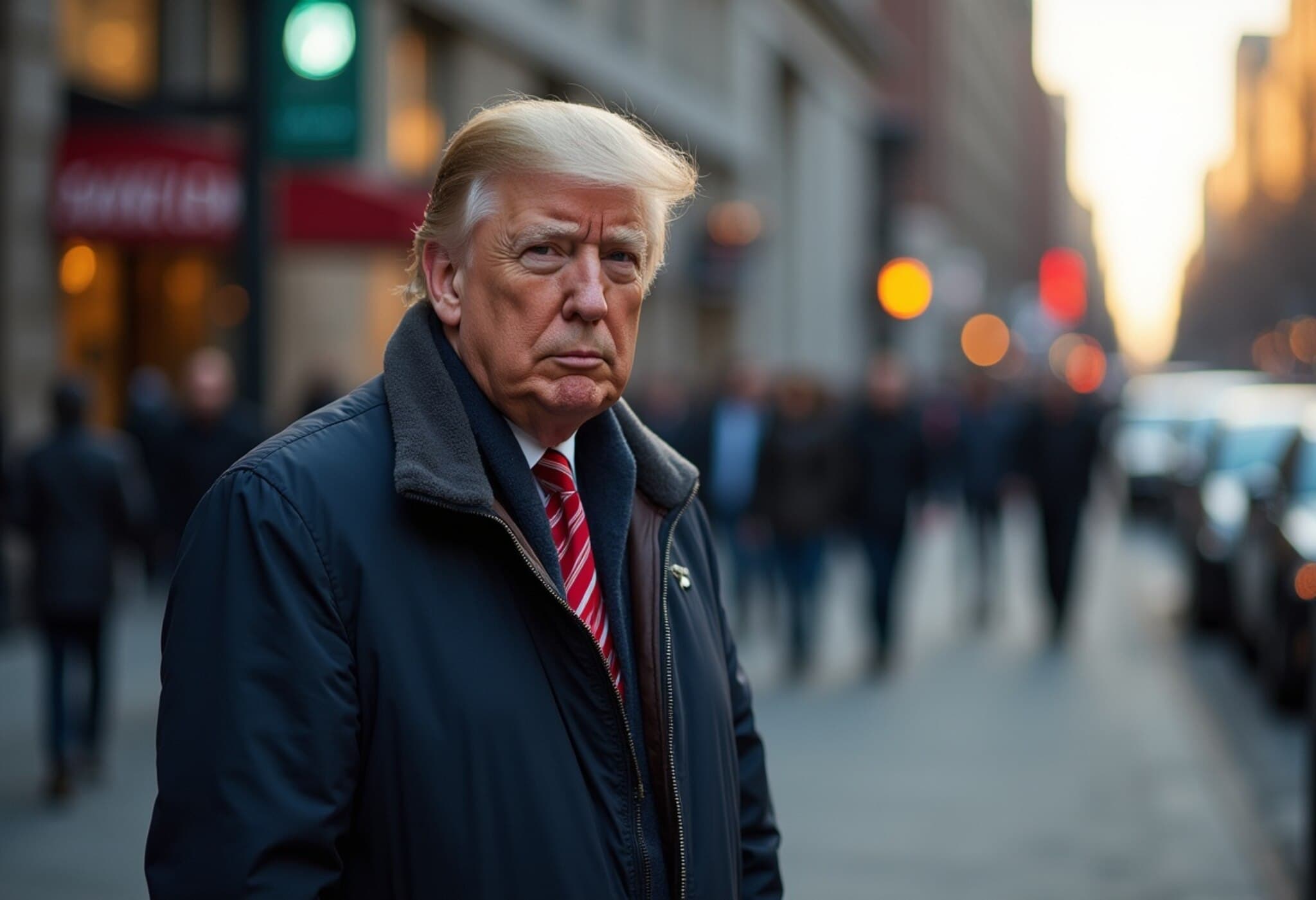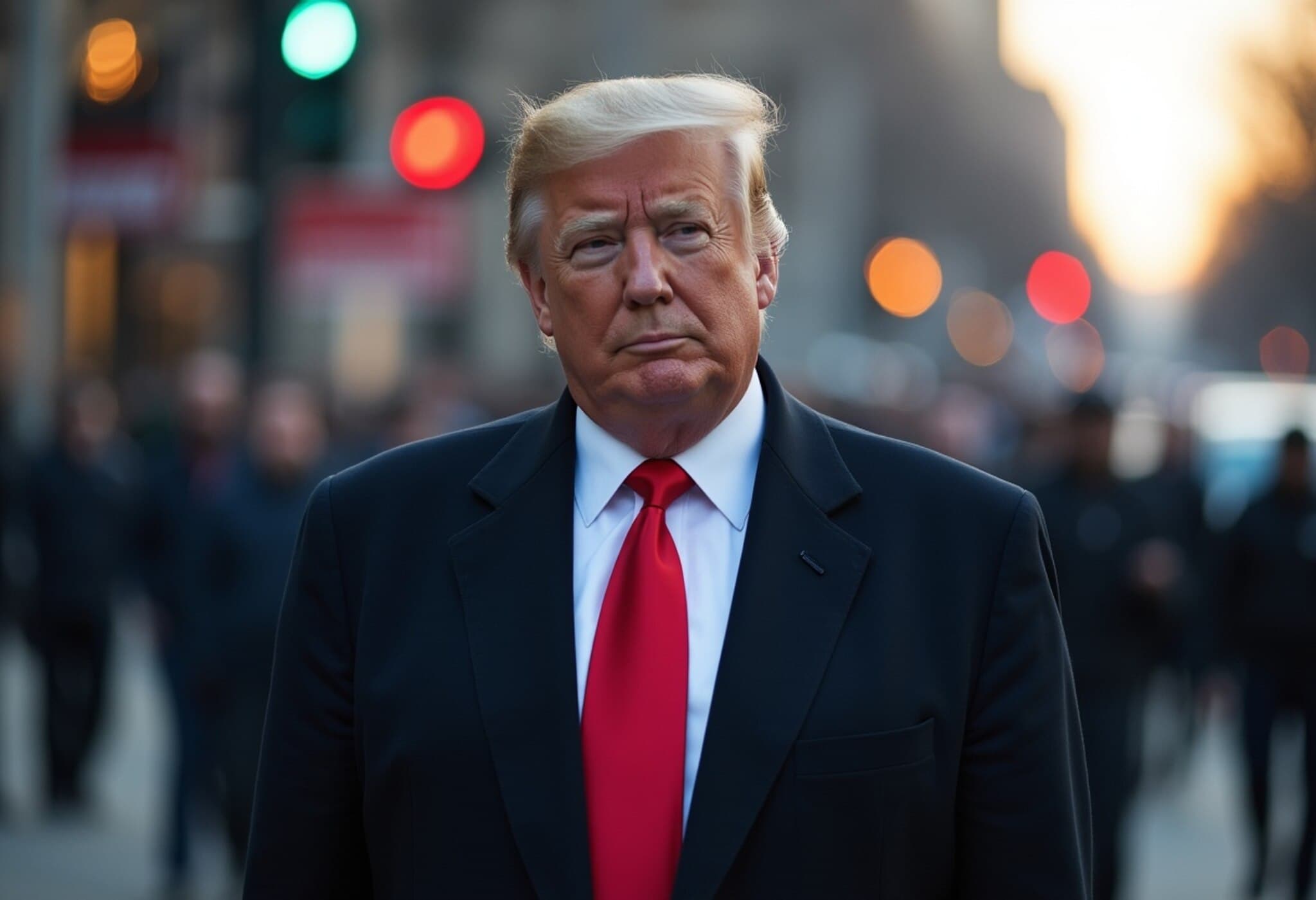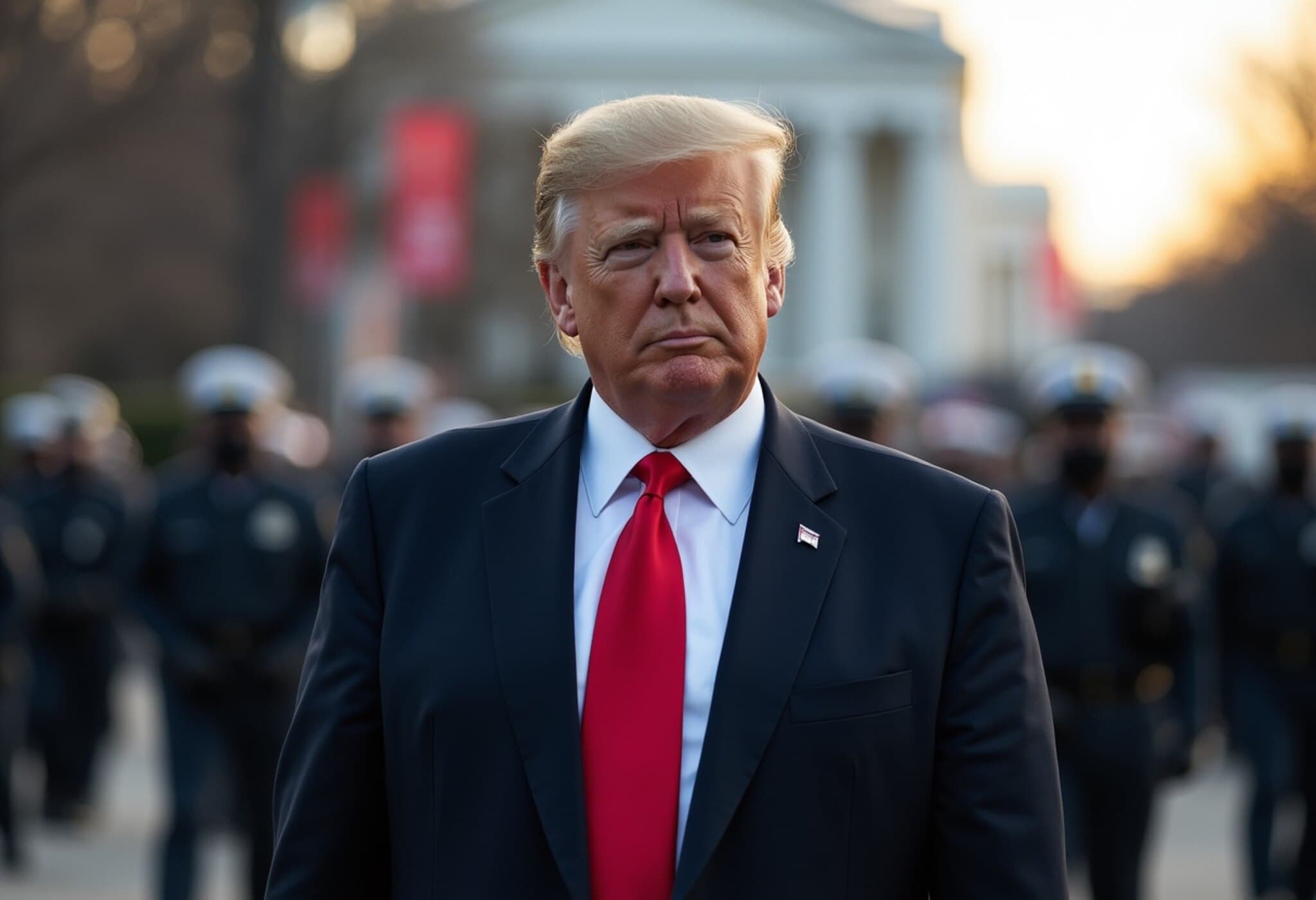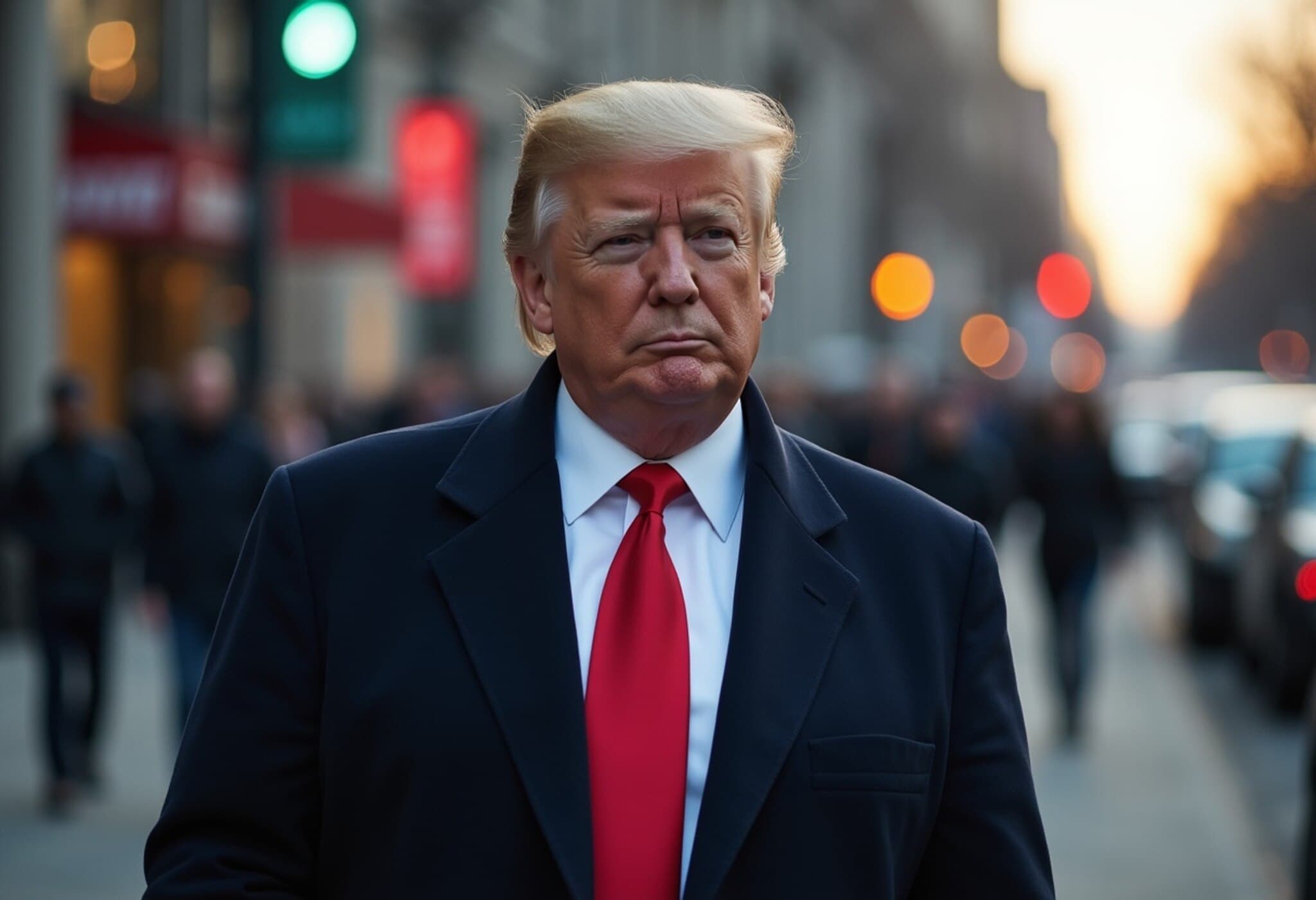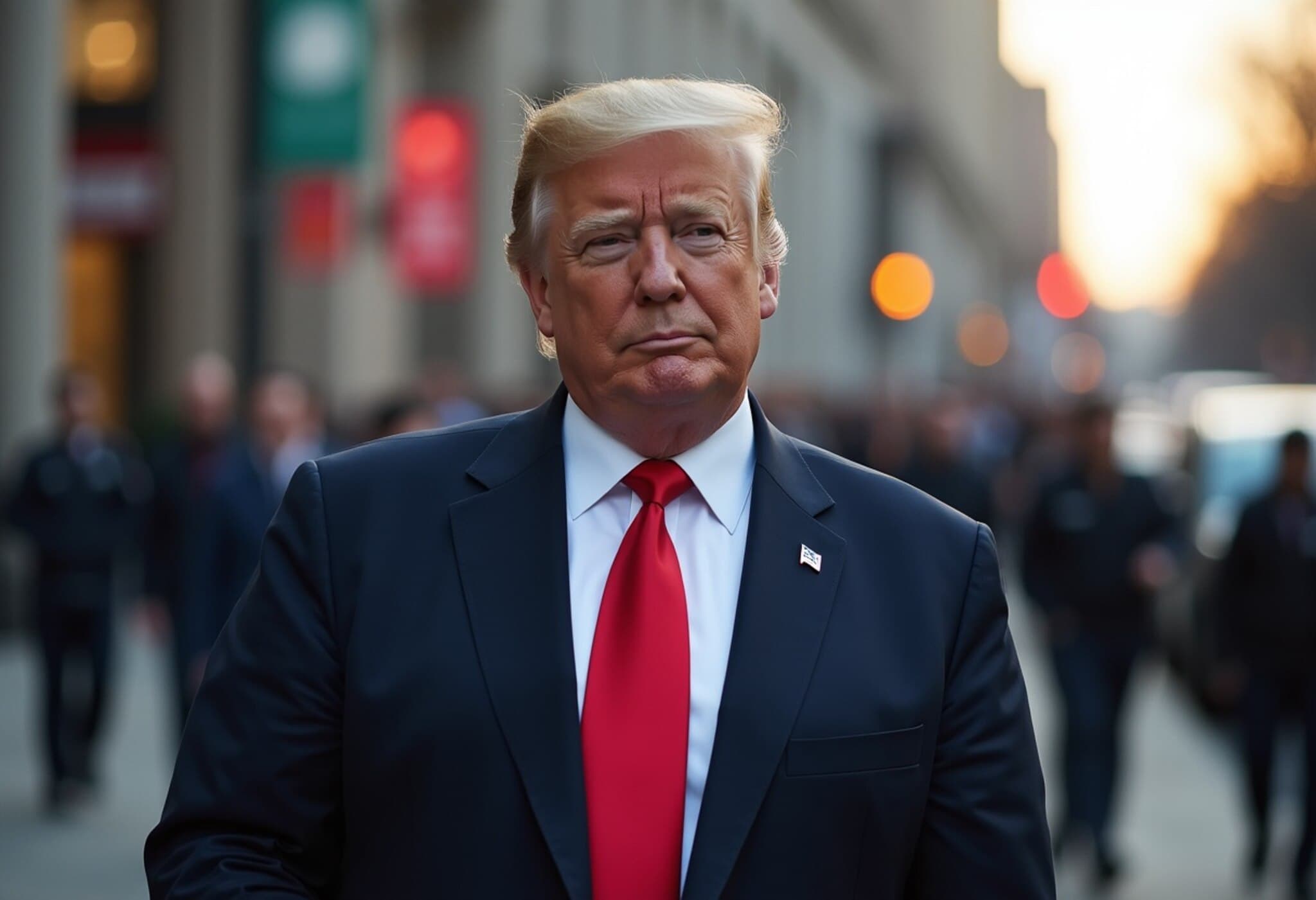Federal Agents to Launch Round-the-Clock Patrols in Washington DC
In a bold move stirring both support and controversy, President Donald Trump has announced plans to extend federal oversight of Washington DC’s police force beyond the initial 30-day period. This extension would require Congressional approval, which Trump intends to seek from the Republican-controlled legislature. The administration is simultaneously ramping up a 24/7 federal agent presence across the nation’s capital.
Federal Intervention Cited as Necessary Amid Crime Concerns
The White House insists that this increase in federal patrols is a direct response to what it calls an "emergency level" of violent crime in Washington, DC. Trump argues that only federal intervention can stem this tide. National Guard troops—currently totaling around 800 deployed in the city—have joined federal agencies such as the Drug Enforcement Administration (DEA), Bureau of Alcohol, Tobacco, Firearms and Explosives (ATF), Park Police, and FBI to bolster security.
City Leadership Pushback: Crime Rates and Autonomy at Stake
Washington DC’s Mayor Muriel Bowser, a Democrat, has vocally criticized what she calls an "authoritarian push" by the President to take control of the city’s police department. She later softened her language but remained cautious, acknowledging that additional law enforcement could enhance public safety, yet warning against a federal takeover of local policing.
Importantly, local officials dispute the White House’s characterization of the crime situation. According to District data, violent crime has actually fallen to a 30-year low after a surge two years prior, challenging the narrative that emergency federal measures are essential.
Broader Political Implications and National Model
Trump has framed the initiative as a potential template for other Democratic-run cities grappling with crime. He has threatened to extend federal control measures to cities like Chicago, suggesting that local administrations have failed to adequately address rising violence.
As federal officers became more visible in the capital over the past few days, their presence is expected to increase substantially. Reports cite that operations will ramp up quickly, with the National Guard beginning heightened patrol and mission assignments in the coming days.
Expert Perspective: What This Means for American Policing and Governance
The decision to insert federal forces into local law enforcement marks a significant shift in the balance of policing authority in the United States. Historically, federal intervention in city policing is limited and usually tied to oversight for civil rights compliance rather than direct patrol roles. This move raises critical questions about local autonomy, the politicization of crime statistics, and the potential precedent it may set.
Criminal justice analysts caution that heavy-handed federal presence can sometimes fuel local tensions rather than resolve underlying issues driving crime—such as economic inequity, community-police relations, and social services.
From an American political standpoint, the move underscores the ongoing urban-rural and partisan divides surrounding law enforcement strategies, community safety priorities, and governance that will likely influence upcoming elections and legislative agendas.
On the Ground: Daily Life and Public Reaction
Washington residents have found themselves navigating a city increasingly patrolled by armed federal agents. Anecdotes, such as a couple stopped by ATF officers for a minor parking infraction while eating takeout, highlight the heightened scrutiny locals may experience.
Public opinion remains split: some welcome the increased security presence hoping to curb violent crimes, while others express unease about the erosion of democratic local control and fear escalating tensions between residents and law enforcement.
Looking Ahead: What to Watch
- Congressional Response: Will Republicans support extending federal control over DC’s police, setting a national precedent?
- Impact on Crime Rates: Will the increased federal presence correlate with meaningful reductions in violence, or will it exacerbate community divisions?
- Legal Challenges: How will courts respond if local leaders contest the federal takeover as unconstitutional or overreaching?
- Expansion to Other Cities: Will similar federal interventions emerge in other Democratic-controlled urban centers following this model?
Editor's Note
This unfolding situation in Washington DC is a vivid example of the tension between federal authority and local governance—a dynamic at the heart of American democracy. As federal law enforcement patrols the capital around the clock amidst conflicting narratives about crime, citizens and policymakers alike must consider not just how to make cities safer, but how to preserve the principles of community self-determination and justice. The upcoming congressional debates and public responses will be crucial indicators of where urban policing and democratic control intersect in the years ahead.

